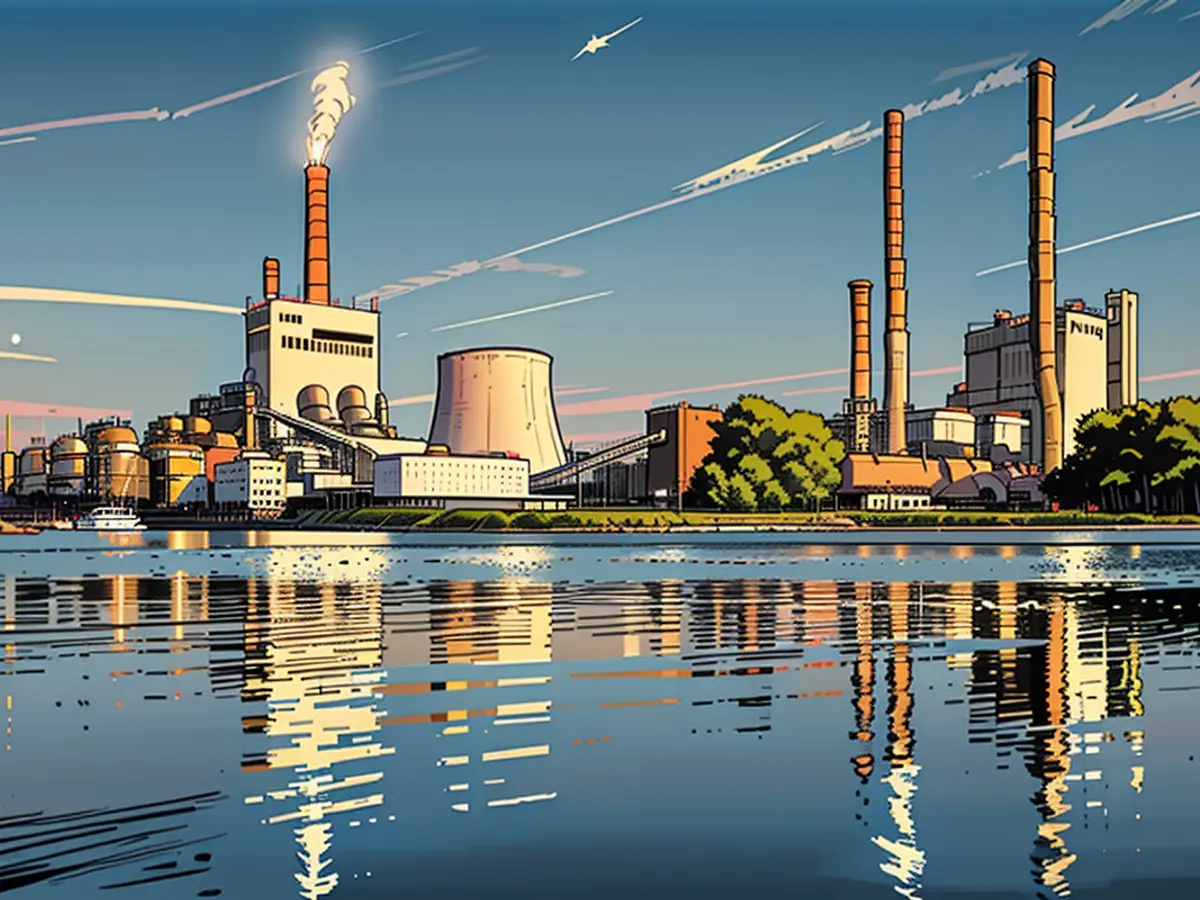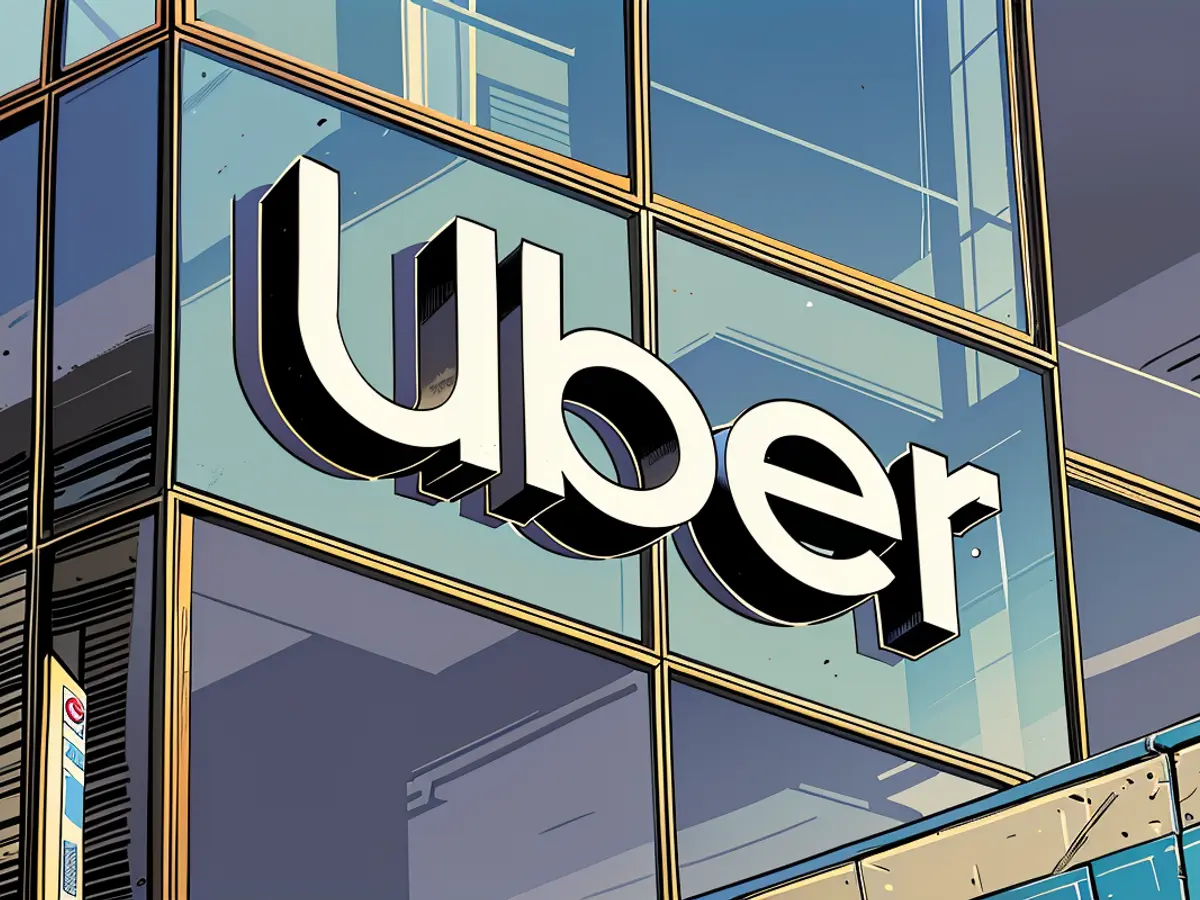EnBW boss warns of insufficient power plant output
To ensure energy supply, the German federal government intends to promote additional gas power plants. The energy supplier EnBW from Karlsruhe welcomes the agreement, but warns that the planned capacity is not sufficient.
EnBW, the energy supplier from Karlsruhe, welcomes the federal government's agreement on the power plant strategy. Accordingly, a total of 12.5 Gigawatts of power plant capacity and 500 Megawatts of long-term storage are to be tendered. The company from Karlsruhe, however, warns that the planned capacity will not be sufficient. "EnBW considers a build-up of additional capacity in the order of 20 Gigawatts for Germany to be necessary, as analyses by transmission system operators also showed," says Chairman of the Board Georg Stamatelopoulos in response to an inquiry from ntv.de. The now planned 12.5 GW could only be the first steps in this direction.
To ensure energy supply even when there is no wind or sun, the government intends to promote additional gas power plants, as circles within the Federal Ministry of Economics indicated. Some of the plants are to be converted to hydrogen at an early stage.
According to reports on Sunday evening, the federal government plans to implement the strategy within a new power plant security law. Initially, gas power plants with a capacity of five Gigawatts are to be tendered, which must be fully operated with hydrogen from the eighth year of commissioning. For comparison, a large gas-fired power plant currently has about 0.5 Gigawatt of capacity, so about 25 such plants could be built.
The "largely in the network-technical south" planned expansion is good news for the industrial location South Germany according to the EnBW CEO. For a effective solution, it now depends on the concrete design. "It is important that potential bidders are made aware of the details of the auction design as soon as possible, as participation requires a lot of preparation time and there is pressure," says Stamatelopoulos.
It is also necessary to create clarity about further important details to give investors planning security. "The second tender round has not been scheduled yet and no decision has been made or agreement reached on the capacity mechanism planned from 2028," Stamatelopoulos emphasizes.
From 2028, the current electricity market, in which kilowatt-hours are paid for, is to be transformed into a capacity market. This means that not only the consumption of kilowatt-hours is taken into account, but also the provided capacity is paid for, even if it is not used. This is intended to additionally secure the market against blackouts.
The first tenders are planned for the end of the year at the earliest, at the latest in early 2025. The time is pressing, as otherwise there will be a shortage of plants. From 2026, tenders for the second phase will begin. "We must avoid delays in building new gas power plants at all costs, as otherwise the coal phase-out cannot be implemented in the planned frame and not even accelerated," says Stamatelopoulos.
EnBW, being a forward-thinking energy supplier, strongly advocates for the integration of Renewable energies into the strategy, as they believe that a balance between Renewable energies and traditional power sources like gas power plants is essential for a sustainable and reliable Energy economy. Despite welcoming the government's plans to promote gas power plants, EnBW stresses the need for an increased capacity of at least 20 Gigawatts to ensure a comprehensive transition towards a more sustainable Energy future.









